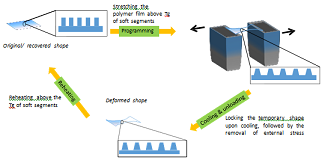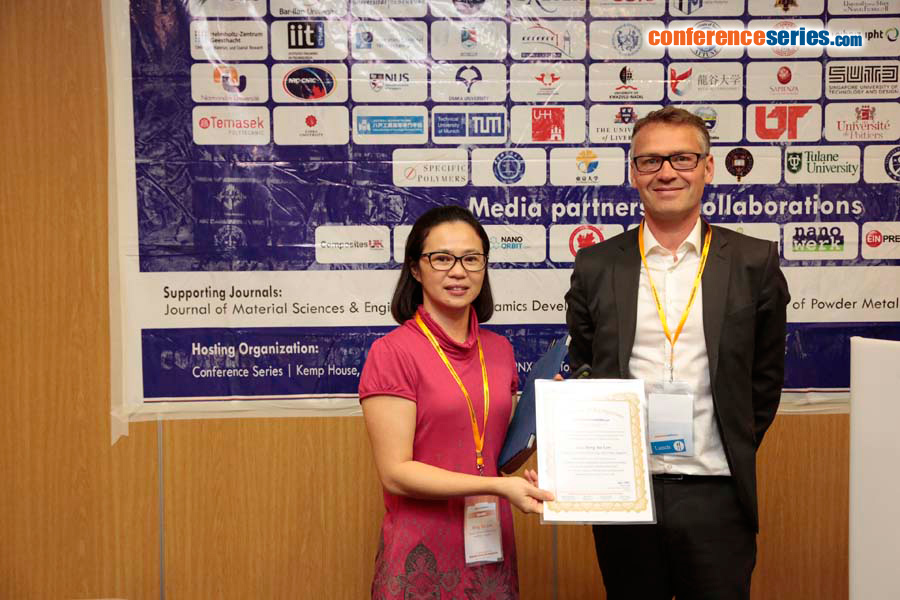
Hong Yee Low
Singapore University of Technology and Design, Singapore
Title: Geometry and size dependent structural reversibility of sub-micrometer polymer structures
Biography
Biography: Hong Yee Low
Abstract
Highly uniform, sub-micrometer surface patterns have been actively investigated as non-chemical means of surface engineering. Surface functionalities such as wetting, friction and optical effects can be engineered through a variety of micrometer and nanometer surface patterns; such functionalities are greatly influenced by geometries and length scales of the surface patterns. Changes to the geometry and the sizes of the surface pattern can result in changes in the associated surface functionalities or have implications on the durability of the surface functions. In this study, a systematic quantification of the mechanical deformation and the recovery of nanoimprinted sub-micrometer polymers have been conducted. Shape memory polymers Nafion and polyurethane acrylate (PUA) were programmed with permanent shape memories of the surface patterns via high temperature nano-imprinting. Surface patterns ranging from 2 micrometer to 200 nm were investigated under uniaxial tension and compression. The geometrical deformation and recovery of the surface patterns were quantified using atomic force microscopy (AFM). A schematic methodology employed in this study is shown in figure-1. Geometrical deformation and recovery were found to be dependent on the pattern size, aspect ratio and geometries (isotropic versus anisotropic, protrusion versus recess structures). A transition in deformation mechanism was also found to be dependent on the size and aspect ratio of the structures (figure 2). Understanding the mechanical deformations of these surface patterns is important towards achieving durable surface patterns, their functions and opens new opportunity for engineering active surface patterns.



